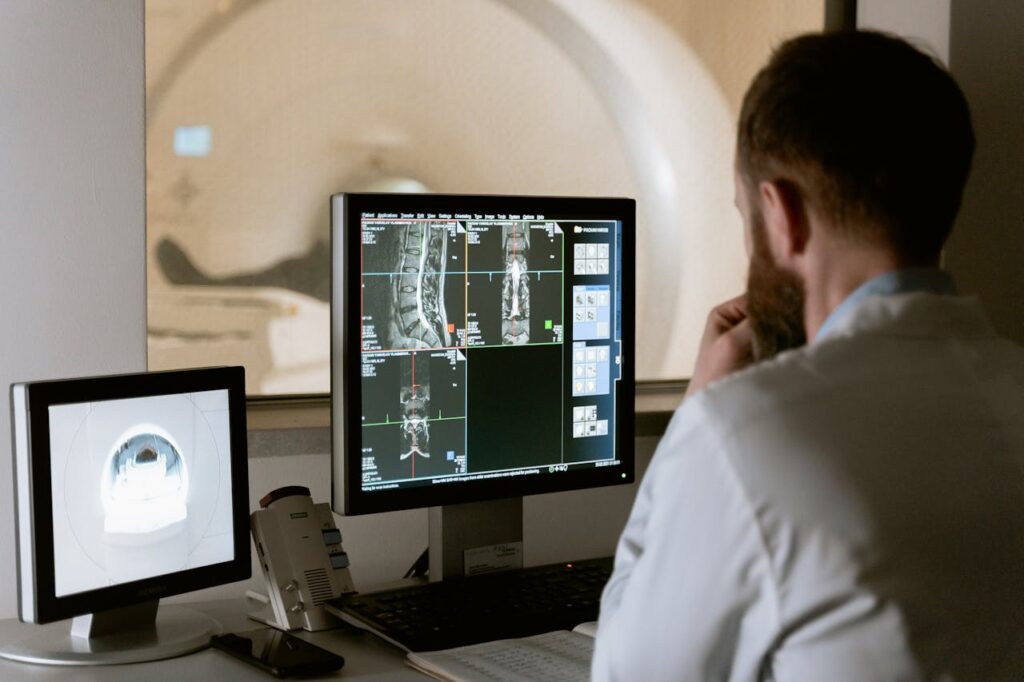In clinical research, the data collection and management systems you choose can significantly impact the success of your trials. The advent of Electronic Data Capture (EDC) systems has revolutionized how clinical trials are carried out, simplifying the processes of data collection, management, and analysis. Nevertheless, the abundance of EDC systems in the market can make the task of choosing the most suitable one for your clinical trial seem overwhelming.
This all-inclusive guide will delve into the crucial factors to consider when selecting an EDC system and explore the features and advantages that can contribute to the success of your clinical trial.
Understanding Electronic Data Capture (EDC) Systems:
Electronic Data Capture (EDC) systems are software solutions created to electronically gather, organize, and assess clinical trial information. These platforms serve as alternatives to conventional paper-based data collection techniques, providing a streamlined and dependable approach to gathering data from research participants.
EDC systems support instant data input, remote supervision, and centralized data retention, promoting quicker decision-making processes and maintaining data accuracy during the trial.
Key Considerations for Choosing an EDC System:
-
Regulatory Compliance
When selecting EDC systems for clinical trials, it is crucial to prioritize regulatory compliance.
This means ensuring the system adheres to important regulatory requirements like the Code of Federal Regulations (CFR).
It is important to verify that the EDC system meets the necessary regulatory standards and provides features such as electronic signatures, audit trails, and data encryption to safeguard the integrity and confidentiality of trial data.
-
User-Friendly Interface
An EDC system should have a user-friendly interface to enable study personnel to navigate and utilize it without extensive training. It is advisable to choose an EDC system that offers intuitive navigation, customizable forms, and built-in data validation checks to minimize errors and streamline the data entry process.
-
Integration Capabilities
It is essential to consider the integration capabilities of an EDC system with other clinical trial management systems. This includes systems like electronic Patient Reported Outcome (ePRO) systems, Clinical Trial Management Systems (CTMS), and Electronic Health Records (EHR).
Seamless integration between these systems can enhance data flow, improve interoperability, and reduce manual data entry errors.
-
Data Security and Privacy
It is crucial to prioritize the protection of trial participants’ data by selecting an EDC system that implements strong data security measures like encryption, role-based access controls, and regular security audits to prevent unauthorized access or breaches.
-
Customization and Flexibility
Each clinical trial has its own unique protocols, data requirements, and workflows. Seek an EDC system that provides customization features and flexibility to accommodate the specific needs of your trial, including customizable data forms, workflow configurations, and reporting capabilities.
-
Support and Training
Verify that the EDC vendor offers comprehensive support and training services to help study personnel effectively utilize the system. Look for vendors that provide training sessions, user manuals, and continuous technical support to address any issues or concerns that may arise during the trial.

This means ensuring that the system adheres to important regulatory requirements
Features and Benefits of EDC Systems:
-
Enhanced Data Accuracy
EDC systems offer real-time data capture capabilities, allowing study personnel to promptly access and monitor the most current information to detect any discrepancies or issues efficiently.
-
Remote Data Collection
Utilizing EDC systems enables study participants to input data remotely using their devices, reducing the necessity for face-to-face interactions and simplifying the data collection process.
-
Streamlined Validation Process
EDC systems come equipped with automated data validation features to verify data accuracy and completeness, minimizing the chances of errors and inconsistencies in trial data.
-
Centralized Data Management
EDC systems store trial data in a centralized, secure electronic database, eliminating the reliance on paper records and facilitating easier data organization and analysis.
-
Enhanced Data Integrity
By reducing manual data entry errors and ensuring data consistency, EDC systems improve the overall quality of trial data, resulting in more dependable study outcomes and conclusions.

EDC systems improve the overall quality of trial data
Conclusion:
Selecting the appropriate EDC system for clinical trials is a crucial choice that can have substantial influence on your success. By taking into account essential elements like adhering to regulations, ease of use, integration capabilities, data protection, customization, and support services, you can opt for an EDC system that caters to the distinct requirements of your trial and enhances its effectiveness, precision, and adherence.
Looking for EDC software solutions? Look no further. Clinical PURSUIT offers a cutting-edge clinical electronic data capture (EDC) and data management platform equipped with advanced electronic data capture technology.
The software is specifically crafted to streamline data management and processing for clinical trials, ensuring a swift, effective, and efficient process. Utilizing Clinical PURSUIT enables researchers to gather, analyze, and report on clinical data with greater speed and precision compared to other products currently available in the market. Contact us today to optimize your work.







